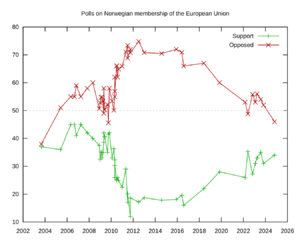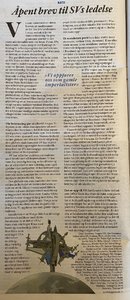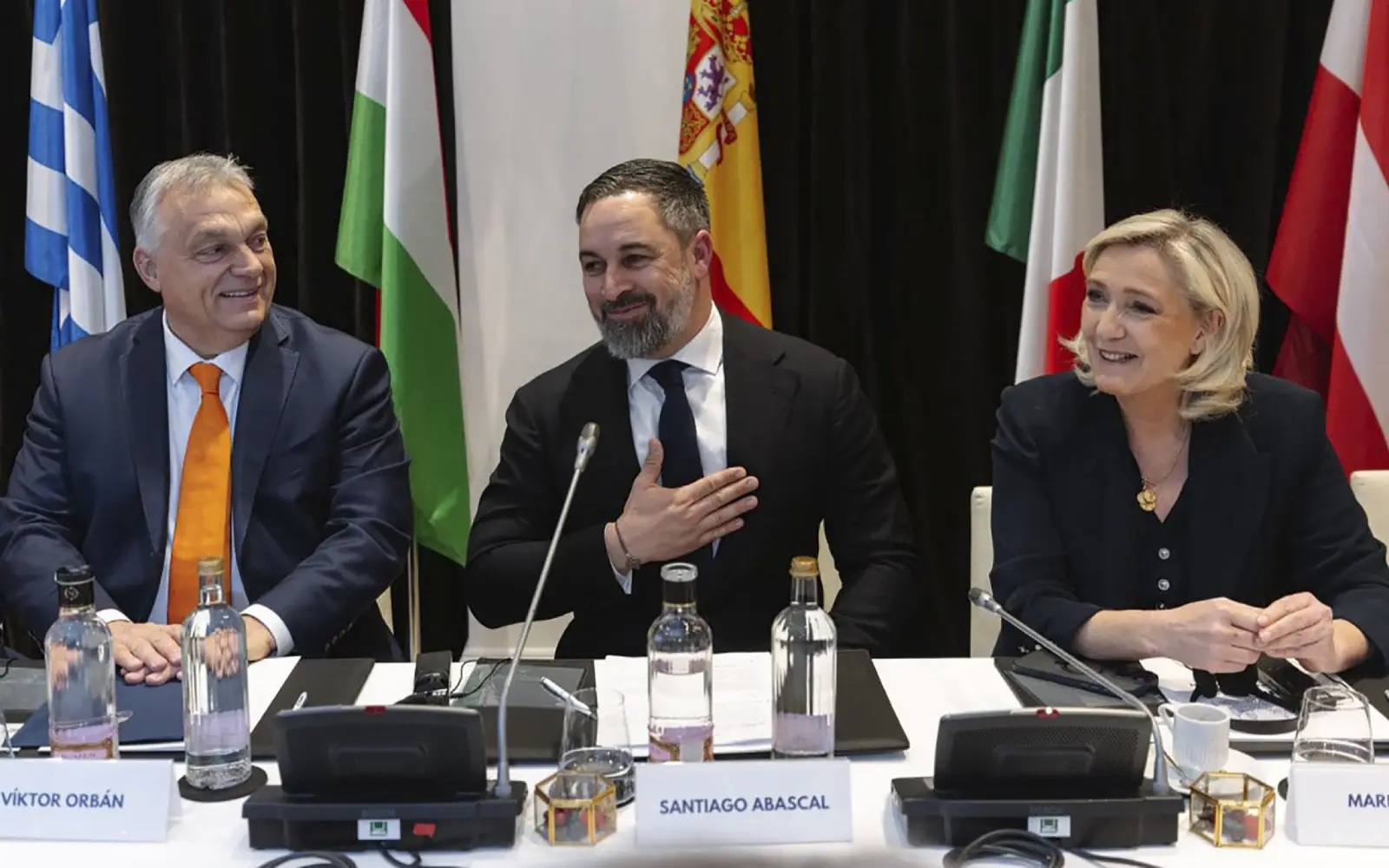I sin ytterste konsekvens er det polsk riksdag, hvor hvert enkelt medlem hadde vetorett, og ingen ting kunne bli vedtatt. Dette er nok (for) konsensusorientert og gir (for) mye makt til enkeltland, men det
er ikke mulig å ha følgende to standpunkter samtidig:
- EU’s spilleregler gir for mye makt til obstruksjonister som orban og fico.
- Norge vil ikke få noen innflytelse som EU-medlem, så vi kan like gjerne forbli utenfor.
Man kan ikke mene begge deler samtidig uten at den kognitive dissonansen skjærer i ører og hode. Om man likevel hiver opp begge deler må det være som vikarierende argumentasjon for noe helt annet, for det går vel ikke an å være så dum på orntli’?
Hva synes du om denne beskrivelsen av EU?
European Disunion: Democracy, Sovereignty and the Politics of Emergency
Stefan Auer. London: C. Hurst & Co., 2022. £25.00. 256 pp.
The European Union and its role in international relations have increasingly come under critical scrutiny. Stefan Auer’s study of ‘European disunion’ represents one of the most thorough and interesting revisionist critiques of the European project and its concomitant academic discipline, European Studies. For the author, who was born in Slovakia and now teaches at the University of Hong Kong, the deep troubles now facing the EU ultimately have a single cause: the Union’s ambition to replace the nation-state as the ultimate political arbiter. This, Auer tries to show, was not the original intention behind the European project, which was meant to consolidate democracy and the rule of law across Western Europe. Rather, it resulted from the EU’s evolution after the end of the Cold War, which subjected ever larger segments of European affairs to the EU’s peculiar technocratic and legalistic approach to governance. This approach, Auer argues, lacked the democratic legitimacy of national politics by ‘opting for more
governance instead of
government’ (p. 68, emphasis in original). When the Union was shaken by a series of crises triggered by the collapse of the Wall Street investment bank Lehman Brothers in 2008, it responded with the ‘politics of emergency’. Following the brilliant (but also notorious) German political philosopher Carl Schmitt (who, as a public intellectual, contributed to the destruction of the Weimar Republic and the legitimation of the Nazi regime that replaced it), Auer argues that the EU represents an effort to organise a large space (in Schmitt’s parlance, a
Grossraum) but to replace its politics with technocratic governance. In this, the EU has tried to take over important functions of the state, such as providing security and protection for its citizens, but it cannot do so, because it lacks the state’s authority (
Souveränität). Which EU citizen would, after all, be prepared to die for it?
In the EU, it is never clear who is really in charge of a decision, and therefore who bears responsibility. Moreover, as the EU ultimately lacks power to enforce its decisions, it cannot but fail its citizens in emergencies – as it did, in the author’s view, in the eurozone and refugee crises, in its efforts to protect Ukraine from Russia, and ultimately even in its attempts to secure democracy and the rule of law within its own borders. The result has been what Auer calls the EU’s ‘sovereignty paradox’: member states have ceded enough of their sovereignty to supranational institutions so as no longer to be able to resolve problems on their own, yet they retain enough of it to resist compromises and veto common decisions. The question for Auer therefore is no longer ‘whether more or less Europe is needed, but instead what kind of Europe is best suited to safeguarding democracy, prosperity and political stability’ (p. xix). This is a powerful argument, based on thorough research and delivered in elegant, succinct prose. One may not agree with Auer’s two core assumptions – that sovereignty is absolute and indivisible, and that national identities are inescapable – and may dislike his reliance on Schmitt to bring his case against the EU. There can be little doubt, however, that Auer has put his finger on a deep sore on Europe’s body politic.
This article appears in the December–January 2022 issue of Survival: Global Politics and Strategy.
Survival is the leading forum for analysis and debate of international and strategic affairs, Survival: Global Politics and Strategy is the Institute’s bi-monthly journal.

www.iiss.org


 www.euractiv.com
www.euractiv.com













